“If you think bad thoughts, then you’ll jinx it”…“If you think the worst, then you’ll make it happen.” We grew up hearing these words from our friends and folks. Clinicians have named such negative thinking as “nocebo effect” and claims there are damaging effects of negativity on health.
A nocebo effect is said to occur when negative expectations of the patient regarding a treatment cause the treatment to have a more negative effect than it otherwise would have. Negative thoughts regarding any aspect of your life can do a lot of damage to your physical and mental health.
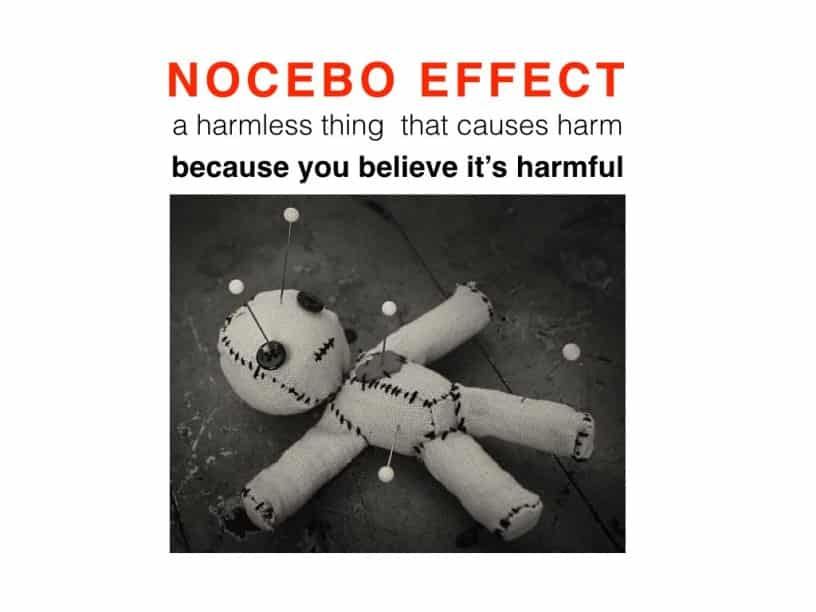
As per law of attraction, negative thinking attracts negative situations and experiences in your life, which takes a toll on our health.
Negative attitudes, thoughts and feelings lead to chronic stress that can disturb the body’s hormone balance, and depletes the brain chemicals required for happiness, and damages the immune system.
We need to be extra cautious and keep a check on our negative thoughts and emotions and be aware of the effect they have on us. Here are three different types of negative behavior and effects of negativity on health:
1. Cynicism:
When we meet an adverse situation, we tend to incline towards cynicism, which is a part of a defensive posture we take to protect ourselves. It is triggered when we are hurt or angry at something. Eventually, we indulge in self-righteous attitudes and form expectations that people should behave a certain way.
Negative cynicism gives rise to a shadowy perspective, so you will focus only on worst in the people. People who faced a lot of negative experiences in life have high levels of cynical distrust, which is defined as the belief that others are mainly motivated by selfish concerns.
According to an online issue published in the medical journal of the American Academy of Neurology, a high level of negative cynicism or cynical distrust increases the risk of dementia and other problems such as heart diseases.

In a study, published on Psychiatric News, individuals with cynical personality were found with five times higher risk of developing depression than those who did not express cynicism.
So, if you are cynical, you may be hurting your brain health.
Read How Negative Energy Affects Your Life and How to Clear It
2. Hostilities:
Hostility is an emotionally charged aggressive behaviour. A hostile personality holds negative beliefs and attributions concerning others. And the causes may include
(not limited to) pathological anger, pathological bullying, brain trauma, narcissistic rage, substance abuse, post-traumatic stress disorder, and life crisis.
According to a study published in the Journal of Racial and Ethnic Health Disparities, individuals who had a more hostile attitude were more likely to be affected by depressive symptoms. Hostility is also a better predictor of coronary heart disease (CHD) in older men than other factors like smoking, high levels of LDL cholesterol, and high-calorie intake.
Hostile thinking is also concurrently associated with heightened systemic inflammation markers. Hostility predicts incident of Alzheimer’s disease and cancer-related mortality. People high in hostility report lower social support and more interpersonal conflict when compared to non-hostile individuals.
Read 8 Positive Comebacks To Help Deal With Negative People
3. Chronic anger:
Anger can be a normal emotion but can be problematic when it becomes a permanent disposition or even a habitual outlook for the entire worldview in individuals. Chronic anger is an on-going proneness to become angry as well as a general attitude of hostility.
Unlike other forms of anger, feelings of chronic anger tend to be prolonged and doesn’t subside with time.
Chronic anger has been linked to health issues such as high blood pressure, headaches, skin disorders, heart problems, and digestive problems. Anger is also linked to problems such as emotional and physical abuse, and other violent behaviour.
Anger pushes the body to the fight and flight mode. The spike in cortisol levels and heart rate affect the body and the blood vessels tighten up. If you are constantly angry, you turn fatalistic and the result is arterial wall damage. A higher risk of cardiovascular disease and death by cancer often awaits negative people.
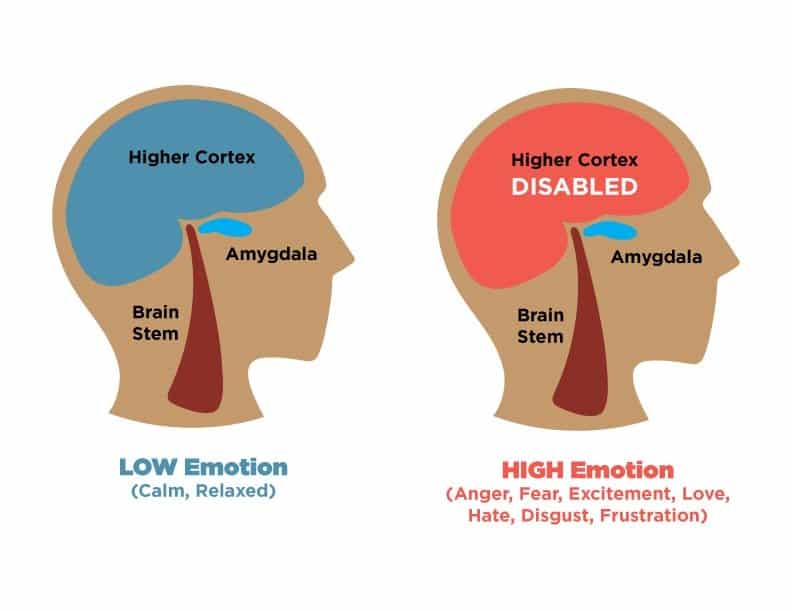
One study found that there was a three times higher risk of having a stroke from a blood clot to the brain or bleeding within the brain during the two hours after an angry outburst.
These are gruesome effects of negativity on our health and they can be permanently damaging. Self-repair is the priority and stopping your body from health disaster is a must. We could all take the concept of “nocebo effect” into everyday life and strive to develop a positive perspective towards life. This way, we can all see more positive outcomes, not just in clinical environments, but throughout out all aspects of our lives.
How?
According to Scientist Barbara Fredrickson, positive emotions broaden our perspective of the world. Positive emotions build over time, creating lasting emotional resilience.
Fredrickson proposes that we need to experience three positive emotions for every negative one. This we can do intentionally, especially those less “wired” to positivity. This practice can literally reverse the effects of negativity on health and build up psychological resources that contribute to a flourishing life.
Please share this article with anyone who you may think will find it valuable and helpful.
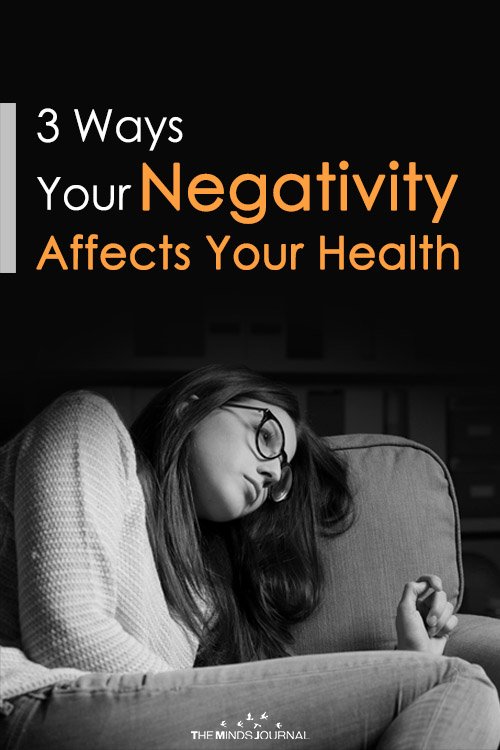


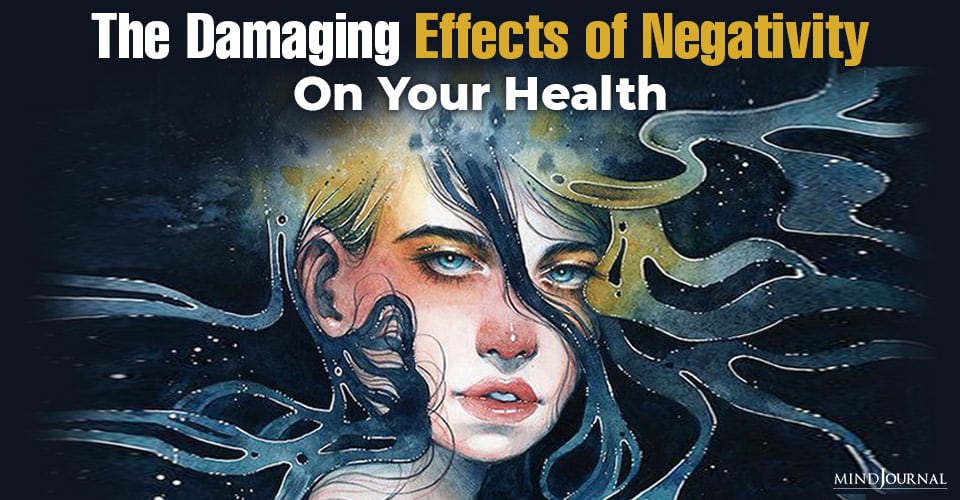



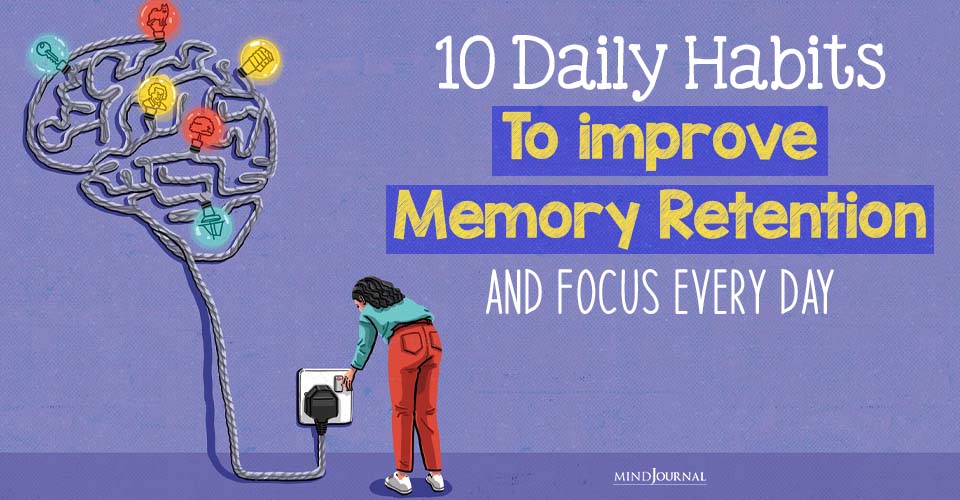


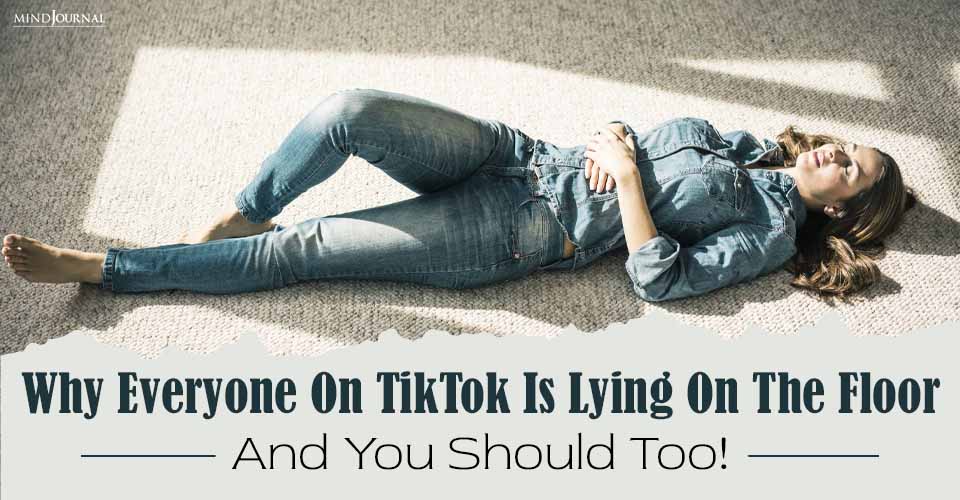
Leave a Reply